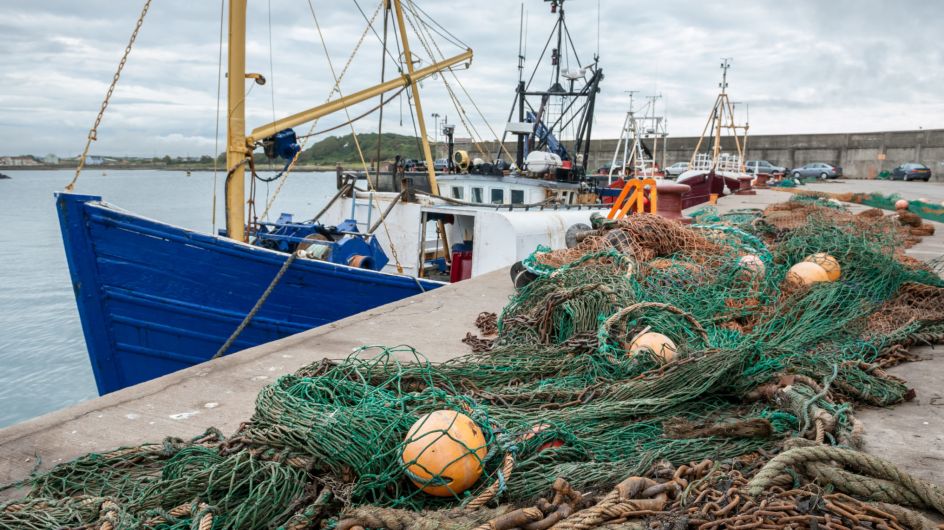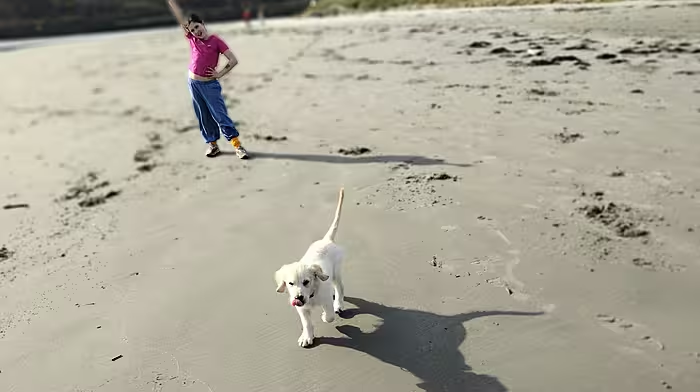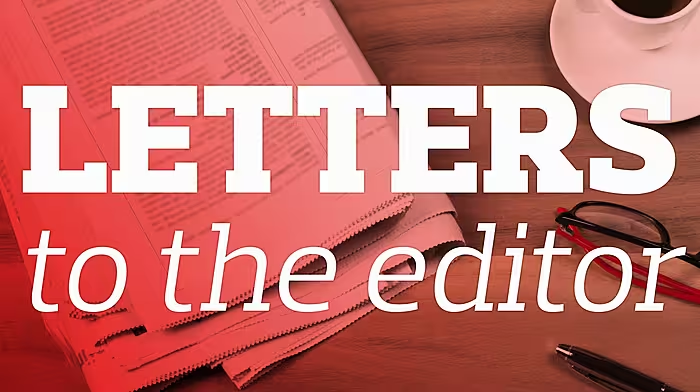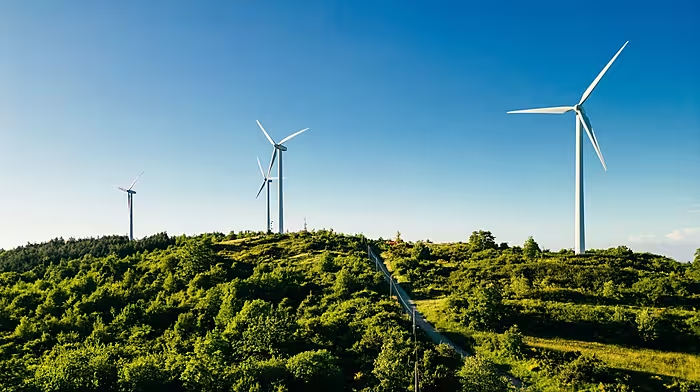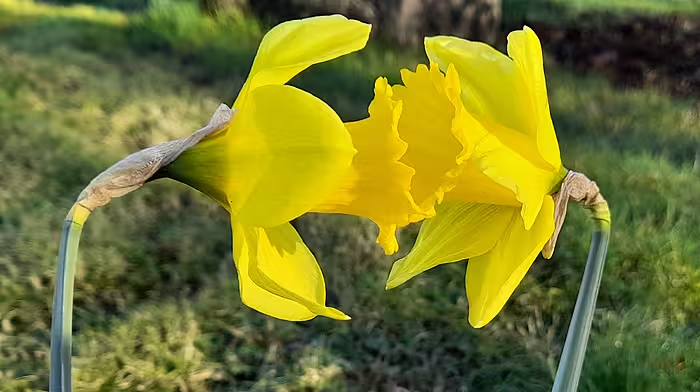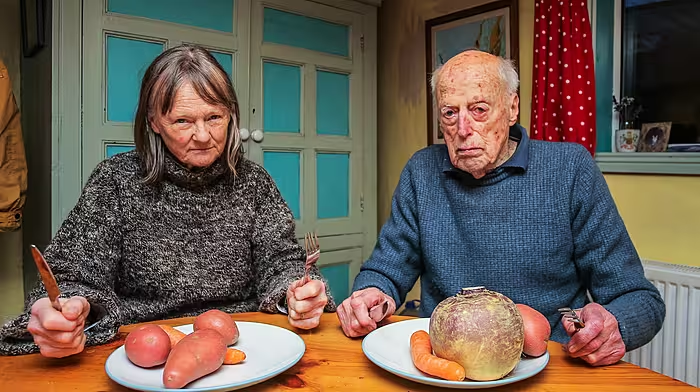A CHANCE meeting with an Irish soccer legend in transit at a European airport told a sorry tale for one West Cork fishing representative.
Patrick Murphy recalls being part of a delegation of Irish fishing representatives in Den Haag when they bumped into the big Donegal goalkeeper and Italia ’90 hero of Genoa.
‘We met Packie Bonner, one of my heroes, and Packie was chatting to John Ward from the Irish Fish Producers Organisation, who is from Donegal,’ said Irish South and West Fish Producers Organisation Murphy.
‘Packie is from Burtonport, a small fishing village. And he said to John Ward, “Where are all the boats gone, John?” ‘
For Murphy, the anecdote tells of the silent disappearance of Ireland’s fishing industry before our eyes. Coastal communities changing forever.
ISWFPO chief executive Patrick Murphy believes that the industry is being decimated. Last week, the International Council for the Exploration of the Seas (Ices), the advisory body which gives recommendations on fish stocks, gave its recommendations for 2025.
According to Murphy, it spells bad news for fishermen in the south west, and across Ireland.
‘Based on this, the total allowable hake catch in 2025 will be 52,000 – compare that to 2019 when it was 140,000 tonnes. And from the 52,000, Ireland will only get 5% – that’s 2,500 tonnes.
‘It is unsustainable for us to keep our fleet going. Our fleet is going out of business, and the smallest, the Irish fleet, will go first. Only the largest fleets will survive.’
He said that in the Celtic Sea, a 44% cut in haddock quotas is being proposed.
‘Last year, through trade deals we organised, we managed to get enough fish to keep our fleet going. This year we would have had 4,000 tonnes of haddock but that will be cut by 1,500 tonnes. No industry in the planet could sustain this.’
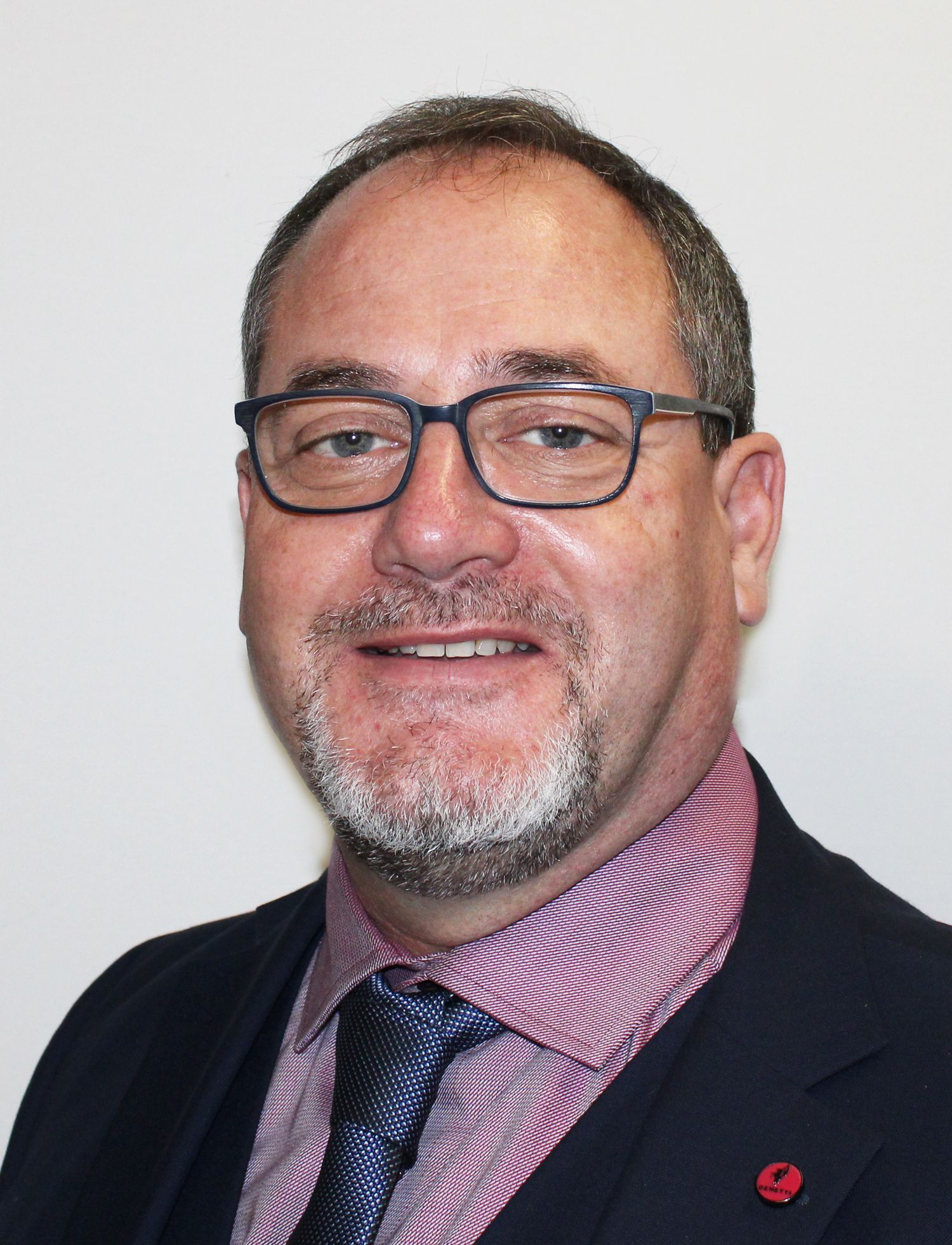 Patrick Murphy: onus is on our MEPs to fi ght for us.
Patrick Murphy: onus is on our MEPs to fi ght for us.
Murphy claims that fishing stocks are reducing despite less quotas, so believes the policy isn’t working. ‘As fishermen we are doing everything to regain the stocks, but they keep going down. Fishermen are being put out of business, but still the stocks are not improving.’
He also says that the quota system simply means that Irish fishermen are being denied the chance to fish in Irish waters, while fishermen from other countries with larger quotas can fish unhindered off our coast. ‘The fishing grounds are still being fished, but just not by Irish fishermen,’ he said.
‘Look at Belgium. They have 80% of the black sole quota, compared to Ireland’s 4%. In Irish waters. Our indigenous resources are being given to someone else.
‘When Ireland signed up to the Common Fisheries Policy, what we signed up to was to give management to the EU with three conditions: to protect stocks, to protect the communities, to protect ocean. They are failing in these conditions. Communities are being decimated.
‘It’s our resource and it’s up to the Government to go and fight for it.’
In his role with the ISWFPO, Murphy was in Europe last week, trading on behalf of his members and other Irish organisations. He gave away 25 tonnes of mackerel, in return for quotas of 25 tonnes of hake and four tonnes of prawns. In real terms this could amount to losing 25 tonnes which could fetch around €37,000 but picking up hake tonnage which could translate to €75,000 or Dublin Bay prawns worth up to €80,000.
This is part of the intricate circuit of trading which takes place between fishing representatives around Europe. ‘As representatives of producer organisations, we have to keep our fishermen going. We read the legislation, the scientific papers. That’s our role,’ said Murphy.
The Ballydehob man went for election as an Aontú candidate for Europe, gaining around 13,000 votes. Significant, but not nearly enough to bring him to Brussels as a member of the European parliament.
Now, he says the onus is on Ireland’s newly elected MEPs to fight Ireland’s corner. He called on the MEPs to challenge for ‘our legal right’ to fish. He hopes to advise and speak to MEPs ahead of the next EU fishing council.
Last month, Minister Charlie McConalogue met with fishing industry representatives for preliminary discussions on the 2025 fishing opportunity negotiations. Minister McConalogue called the meeting ‘constructive’.
The meeting was attended by representatives of the Irish South and East Fish Producer Organisation, the Irish Fish Producer Organisations, the Irish South and West Fishermen’s Organisation, Killybegs Fishermen’s Organisation, Irish Islands’ Marine Resource Producer Organisation, National Inshore Fishermen’s Association (Nifa), National Inshore Fisheries Forum, and the Irish Fish Processors and Exporters Organisation.
Nifa represents around 150 members, who between them operate over 200 inshore fishing vessels. The majority of its members – though not all – fish using boats under 12m. They are part of Ireland’s 2,000-strong inshore sector, who work within 12 nautical miles of shoreline. Nifa members have been devastated by collapsing shellfish markets. It’s members have been squeezed tighter and tighter, chairman Michael Desmond from West Cork has stressed.
Nifa members and members of the fishing cooperative organsiations predominantly representing larger boats often differ on issues – for instance a consultation on fishing within Ireland’s contentious six-mile limit saw Nifa advocating for a ban on boats below 18m, but the ISWFPO strongly calling for larger Irish boats to be given unrestricted fishing within the six-mile limits.
Minister McConalogue said annual fishing opportunity negotiations will commence in the autumn. ‘I wanted to take this opportunity for an initial discussion with industry to prepare for this process,’ said Minister McConalogue.
‘I also wanted to hear the industry’s views on the potential impacts and benefits for Ireland arising from possible fisheries negotiations between the EU and third countries.
During last year’s negotiations, there were divergent, and sometimes contradictory, industry views expressed regarding possible third country fishery negotiations. Therefore, I have asked the industry groups to discuss this further among themselves. I am looking for a united view from all industry, which will feed into my consideration of Ireland’s position for any possible future negotiations.’
Patrick Murphy says that the Government needs to push Ireland’s case even higher, and urged the Taoiseach to prioritise fishing.
‘Irish fishermen are being deemed the bad guys but it’s not true. The fleet (above 15m) has reduced from 400 boats to 120 boats,’ he said.
‘In West Cork there are probably only 40 or 50 boats over 15 metres left. When I was growing up in Baltimore there were 30 boats – there’s three or four now. In Schull there were 20 boats. There’s three now. There’s only one whitefish boat left in Killybegs. There’s only one boat in Howth left over 15m.
‘What’s happening is a tragedy.’

